Do you often feel lonely even when surrounded with people? Here’re ways to stop feeling lonely?
The great irony is that as we become increasingly “connected” — on social media, video calling, and messaging — we simultaneously feel increasingly lonely. And even though we may use technology to feel more connected, it may be exactly what’s leading us to feel lonely.
Are you feeling socially connected? (Take this well-being quiz to see how you’re feeling.)
If not, try some of these 18 strategies to stop feeling lonely.
1. Practice self-kindness.
In difficult moments, it’s essential to practice self-kindness. Blaming ourselves when we feel lonely is not helpful. So limit your hurtful self-talk, engage in some self-care, and just generally give yourself a break.
Perhaps a walk in nature or a day at the spa may be helpful for getting yourself into a self-kindness mood.
Read 15 Ways To Be Kind To Yourself (Especially When Feeling Down)
2. Capitalize on the present moment.
When you feel good about something, share it with others right away, and I don’t mean “share” by posting on your social media. You could share by calling or texting a friend. Or share with the people you work with.
Keep in mind that the positive things that you can share don’t have to be big. You could simply have woken up on the right side of the bed and think, “Hey, I’m feeling great today.”
By sharing these moments, you create small moments of connection with others that can help you overcome loneliness.
3. Connect in real life.
Connecting in real life may not be as easy as it once was. We often default to using our smartphones — it’s easier, and now it’s culturally accepted. But we can decrease our loneliness if we build stronger in-person connections.
We do this by looking people in the eyes, listening, being mindful, and choosing not be distracted by our phones or other technologies.
4. Rethink how you spend your spare time.
When we feel lonely, sometimes we just want to retreat into a corner and hide. Other times, our endless to-do list may leave us too exhausted to go out and be social. But opting to stay alone every night with our phones, watching Netflix, or playing on Facebook can really get us stuck in loneliness.
We’ve created a life for ourselves that deprives of us of meaningful social connection, and the only way to get out of it is to start living differently.
If we instead use our loneliness to motivate us to reach out to people, then we can strengthen our relationships. By opting to cope with our loneliness by seeking out social support, we create more social moments with the people in our lives who matter to us, which usually reduces our loneliness.
Read Spiritual Loneliness: What To Do When No One Understands You
5. Do more things with people.
Engaging in face-to-face social interactions tends to improve our mood and reduce depression.
Activities that involve other people — such as attending religious services or engaging in sports — are also likely to have positive effects on our mental health. So find ways to be around people more.
6. Talk to strangers.
A growing body of research suggests that even seemingly trivial interactions with strangers — like chatting with a barista or cashier — may be able to keep loneliness at bay by helping us feel more socially connected.
So reach out to other human beings to say hello, ask them how they are, or chat about whatever’s on your mind. These small acts can make a big difference and help you reduce feelings of loneliness.
7. Be active online.
Instead of passively surfing the net or your social media, if you want to go online, opt instead to do something that involves the active participation of other people.
For example, you could play games with others, chat about something you care about, give advice on a forum, or have a video call with a friend. The more you interact with others while online, the more connected you are likely to feel.
8. Share for real online.
Somewhere along the way, the word “sharing” got co-opted on social media to describe what is really just “humble bragging.” We post about cool things we did, nice meals we ate, or a fun party we went to — all things that we didn’t actually share with the people who are viewing our posts.
Instead of posting about things you did, reclaim the word “share” for what it really means — to give a small or large portion of what is yours to someone else.
You could share advice, words of support, or even empathy, all from your smartphone. As a result, your connections are likely to be more kind and supportive.
9. Stop focusing so much on you.
It’s almost inevitable in our modern technology-crazed world that we start to believe we don’t have enough. Bob got a new car. Sherri got a new house. Sonja got a new job. We also see false or unrealistic images — models photoshopped to have perfect waists and abs — and we feel envious. As a result, we become increasingly focused on how we are not measuring up.
Instead of focusing on what you can get, shift your focus to what you can give. You could sell T-shirts online to raise money for a good cause. You could ask friends to donate to a charity for your birthday.
By giving to others, you take the focus off yourself and do good at the same time, helping you to feel more connected and less lonely.
Read 5 Truths About Loneliness And How To Deal With It
10. Stop your negative thought cycles.
We might repeatedly think about what we could have done differently to prevent ourselves from feeling so alone. We ruminate on the events or people or causes because we mistakenly believe that thinking about our loneliness over and over again will help us solve it. Unfortunately, it does us no good to get caught up in our thoughts instead of taking the actions we need to feel better.
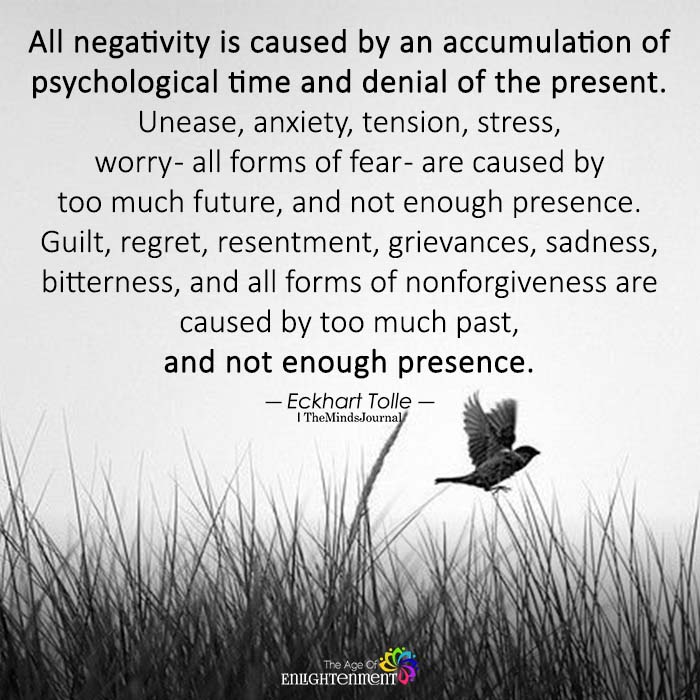
To put an end to these negative thought cycles, we need to take action — do something different that stops these thoughts and changes our experience of the world.
For example, if I’m feeling lonely, I’ll go to the gym or schedule lunches with friends for the next few days. And it helps.
11. Generate a sense of awe.
Awe (like when we witness the birth of new baby, or a majestic mountain) makes time seem like it’s standing still and helps us be more open to connecting. Something about feeling small in the context of a big world appears to help us see ourselves as part of a whole, which may help us feel less alone.
So expose yourself to something that creates awe — like landscapes, new experiences, or new foods.
12. Spend money on experiences.
If we’re spending all our money on things, we won’t have the cash to spend money on experiences with others. And it turns out that spending money on experiences is way better for our mental health.
So get creative and think about what you want to do with others. For example, I might go on a canoeing trip, go wine tasting, plan a beach party, or host an arts & crafts night.
What group activities might make you feel less lonely?
13. Pay attention to the things that matter.
How do we expect to improve our loneliness when we don’t know what causes it? It’s hard.
So it’s helpful to start paying attention to the present moment.
What are the experiences that make you feel lonely? And what are the experiences that make you feel connected or like you belong? Identifying these moments can help you reduce loneliness, because you can limit your engagement in activities that make you feel lonely and increase your engagement in activities that make you feel connected.
14. Create a vision board.
I keep a vision board tacked up by my desk to remind me of my goals. A big chunk of my vision board is about connecting — building community, networking, spending time with family, and the like. Sometimes I have a hard time sticking to it, but having the vision board reminds me to.
Once you discover the things that make you feel less lonely and more connected, it can be helpful to create a board or list or plan for what you’ll do — something to keep near you so you remember what you need to do to combat loneliness.
Read 8 Things You Can Do If You Want To Stop Feeling Depressed And Lonely
15. Tend to your network.
Sometimes we can end up feeling alone even though we are connected to lots of people. So it can be helpful to reach out to these people and schedule times to catch up.
Aim to schedule at least one social hour per week — a coffee date, lunch, or happy hour. Who knows, maybe an old friendship can be reignited.
16. Join an online group of like-minded people.
You can now find people online with just about any interest — for example, politics, cooking, or sports. Joining one of these mission-oriented groups can be a way to feel more connected to others, even when you don’t have access to face-to-face interactions.
You might get to know some new people or make lifelong friends. You can even try out a few groups to see which ones fit you best and decrease your loneliness the most.
17. Volunteer remotely or in real life.
For some of us, it’s hard to find people to spend time with, let alone connect with. So we have to find new people.
One way to do this is by volunteering for a cause, either remotely or in your town. Just be sure you’re working with others. Working on an important problem with others can help you decrease loneliness.
18. Be nice to yourself.
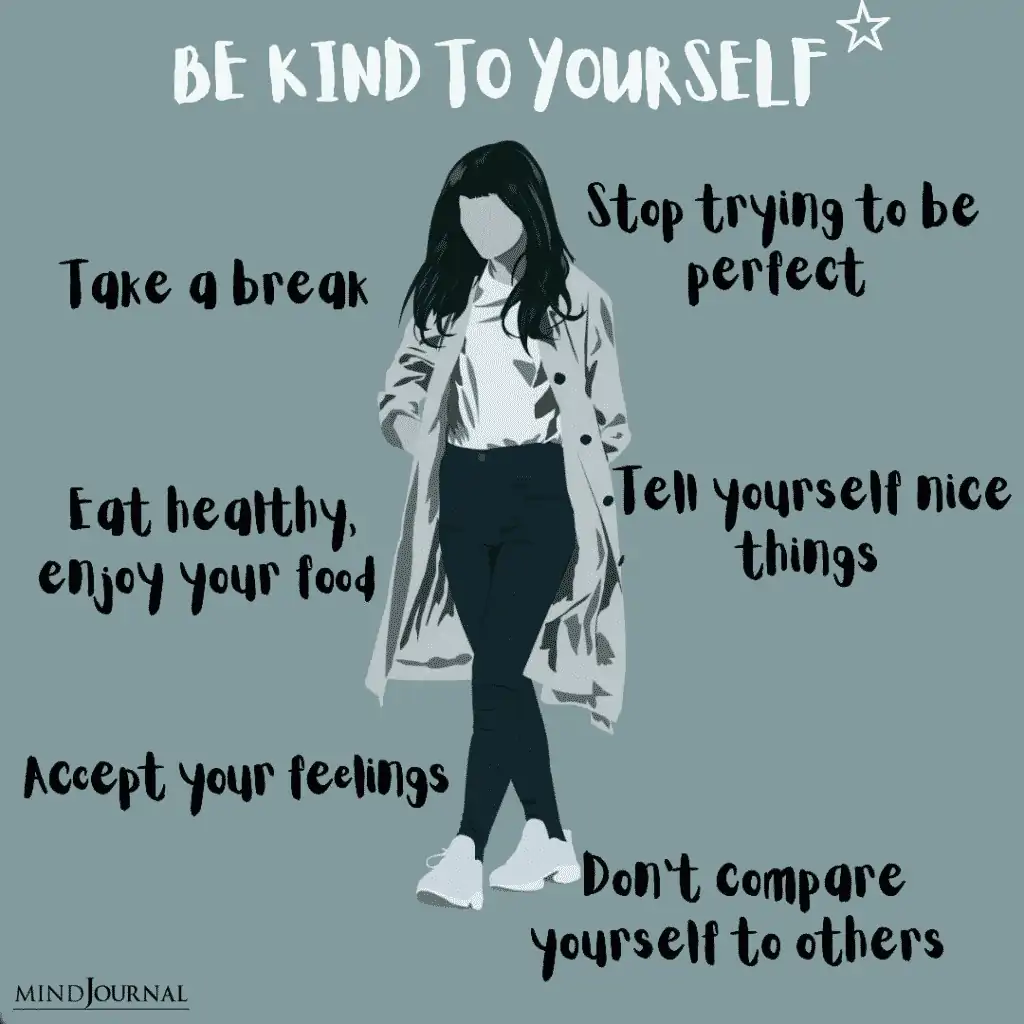
It’s important to practice self-compassion when you fail at things.
Remember, everyone fails, and there is no need to be a bully to yourself, feel guilty, or put yourself down. That kind of attitude won’t help you decrease loneliness, now or in the future. Instead, try talking to yourself in a way that is supportive, kind, and caring — and you’ll be more likely to acknowledge mistakes you may have made in trying to decrease loneliness, and hopefully do better next time.
References:
Holt-Lunstad, J., et al. (2010). “Social relationships and mortality risk: a meta-analytic review.” PLoS Med 7(7): e1000316.
Written by Tchiki Davis
Originally appeared on PsychologyToday
Republished with permission.
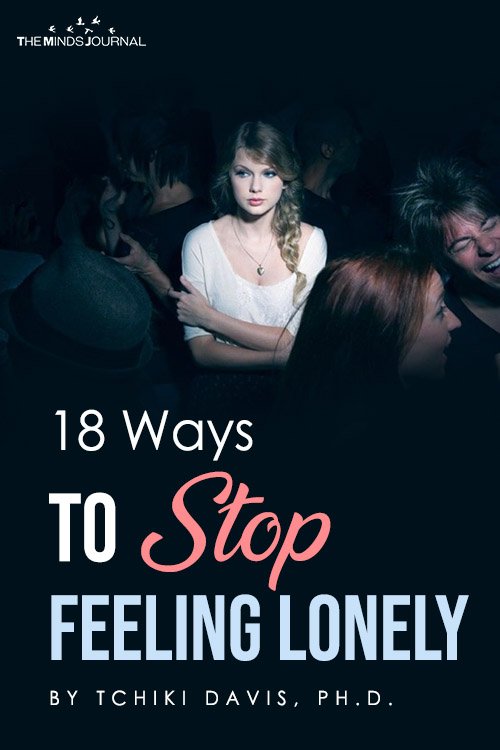
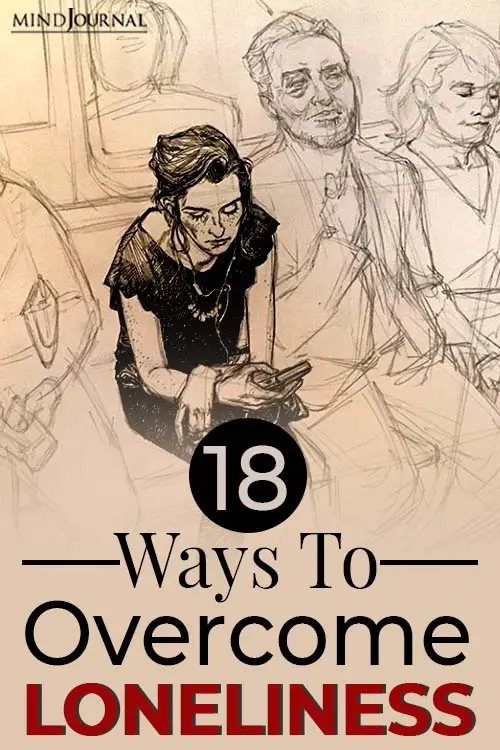
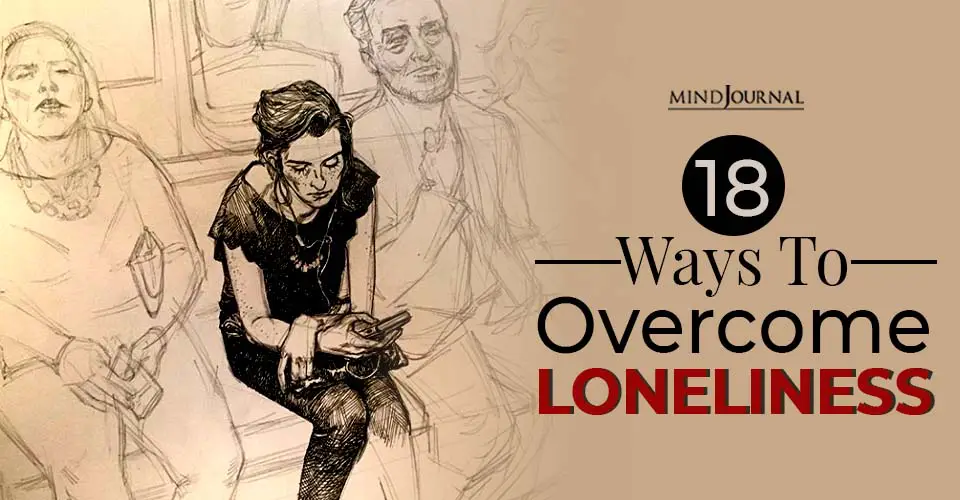







Leave a Reply
You must be logged in to post a comment.